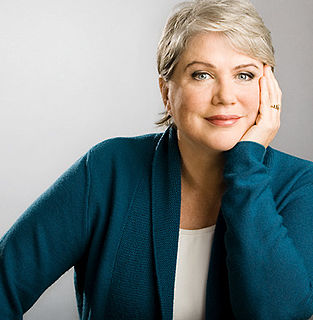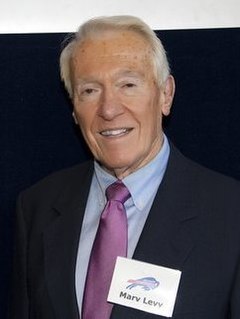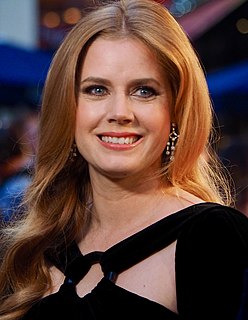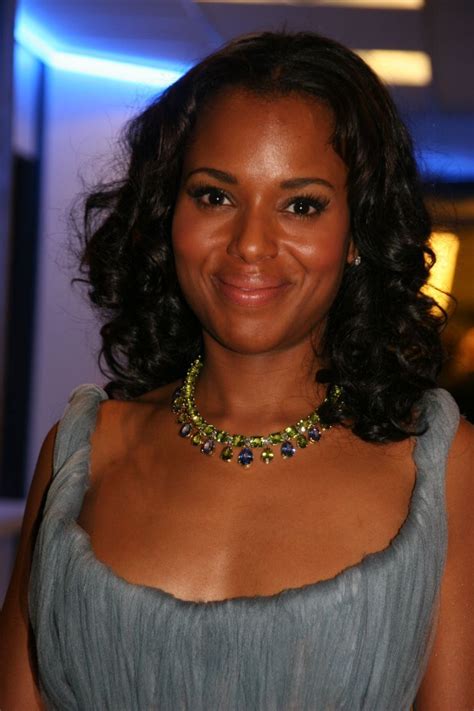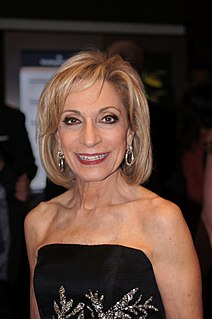A Quote by Jens Lekman
I became paranoid for a long time: I thought that people were out to harm me.
Related Quotes
Okay. how about that time when you smoked all that weed that you thought was laced with something? You fell into the tub, but you refused to get out because you were convinced that the back of your head was going to fall off? "That third story happened to a guy named Jace in my dorm. Me and Sam and another guy in our hall took turns reading "Paradise Lost" through the locked door. I think it made him more paranoid, though." "That's not true," he says. "Well, he *seemed* more paranoid to me," I say. "And he still gets a little weired out when any one mentions angels.
Pardon me, not to sound elitist, but I wanted to put something together that I would enjoy. I thought at that time, what satiated me, what interested me, what intrigued me, I thought other people would like also. And you blend that with some forward thinking of predicting the UFC and MMA were going to be ultimately as big as it became.
For a long time the fear of seeming singular scared me away; but by degrees, as people became accustomed to me and my habits, and to such shadows of peculiarity as were engrained in my nature - shades, certainly not striking enough to interest, and perhaps not prominent enough to offend, but born in and with me, and no more to be parted with than my identity - but slow degrees I became a frequenter of this straight narrow path.
I just became a stronger agnostic, and then I started to realize that everyone who was saying they were agnostic really hadn't thought about it that much. Still, I went with agnosticism for a long, long time because I just hated to say I was an atheist -- being an atheist seemed so rigid. But the more I became comfortable with the word, and the more I read, it started to stick.
For a long time, I was an assistant in the NFL to George Allen, and George was paranoid that other teams were cheating on him... that they were offering bounties, that they were wiring our locker room, that they were putting food poisoning into the pregame meal of the other team's stars, stuff like that.
To be very fair, it was Ian Marsh and Martyn Ware who started The Human League. They brought Philip Oakey in to sing, primarily because Philip was very tall. So it started out as their vision. I don't think anyone ever thought it would be as big as it became. Music evolves and people were looking for something different. We came out at the right time and were just very lucky.
When it became easy enough to do dairy online, then I just thought, "Oh, I'll start doing this. I'll put the parts online that aren't going to get me in trouble. I'll save the rest for myself." It became also this kind of self-therapy. I could write about stuff that was bothering me, or personal stuff. And the very personal stuff I could edit out. But it was kind of the catharsis of getting it out and writing about it, that made me think, "Okay, I see why people do this, why they keep these diaries." So I thought, "Well, let's see what happens when I post some of it."





